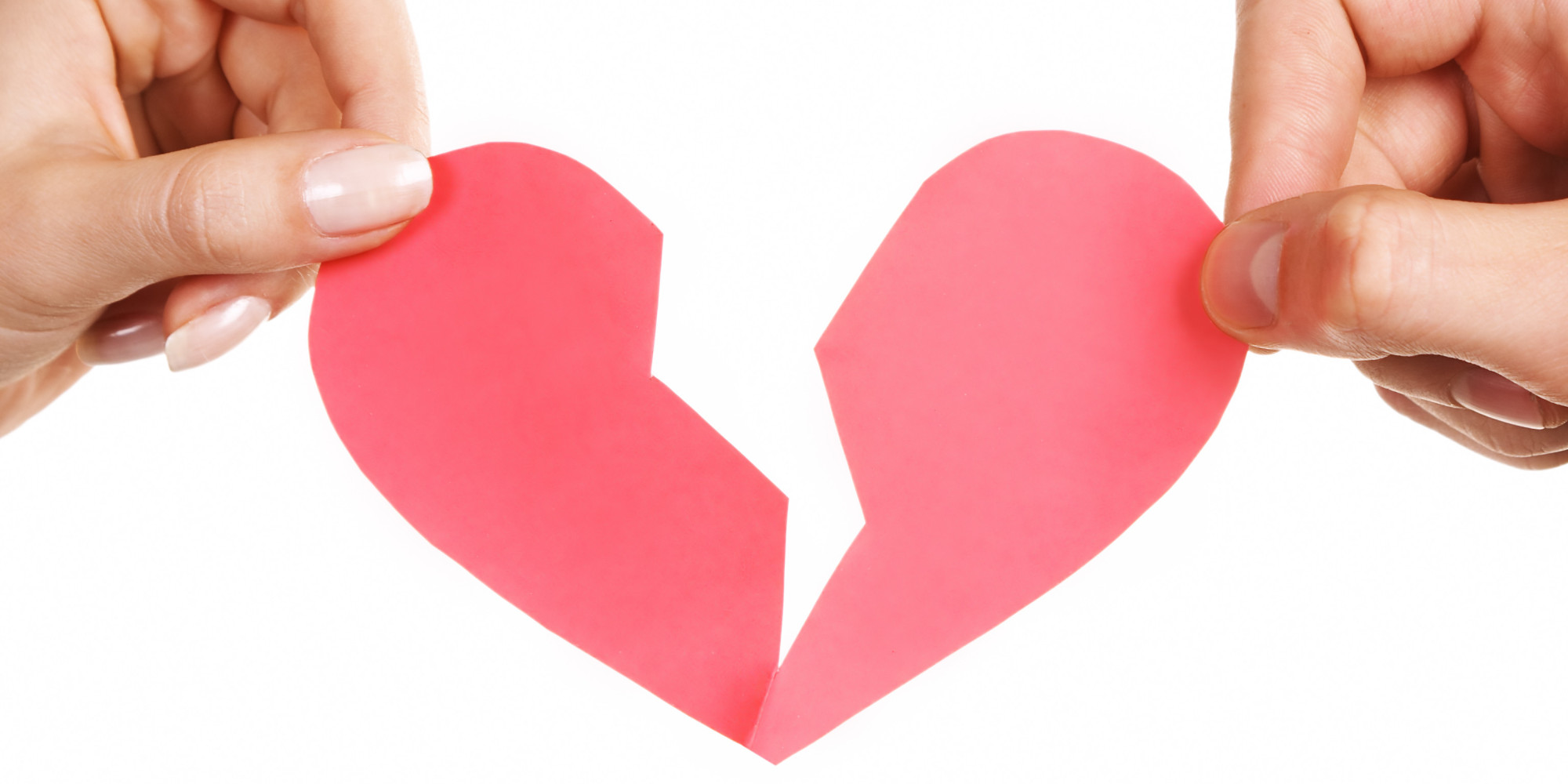New research suggests that women experience more emotional pain in the wake of a breakup than men do – but they also more fully recover.
Actually, most of the time, men never fully recover.
The conclusions were drawn after researchers from Binghamton University and University College London asked 5,705 participants in 96 countries to rate the emotional and physical pain of a breakup on a scale of one (none) to 10 (unbearable).
[ad_bb1]
The women reported higher levels of both emotional and physical pain, averaging 6.84 in terms of emotional anguish compared to 6.58 in men. Yes, it’s only slightly more. But more pain is more pain.
Anyone who’s experienced a broken heart knows that it can actually physically hurt. As for the physical pain, women averaged 4.21 versus men’s 3.75.
The thing is, when it comes to women, what doesn’t kill us makes us stronger (cue Kelly Clarkson). Though breakups may hit us like a truck emotionally and physically (and we’ve all been there), women tend to recover more fully and emerge emotionally stronger for it.
Men, on the other hand, never fully recover. But that doesn’t mean they spend the rest of their lives dwelling on it – they simply move on (some, ahem, a little quicker than others).

According to Craig Morris, research associate at Binghamton University and lead author on the study, the differences between the sexes come down to good, old-fashioned biology. Women, he says, have more to lose from dating the wrong person.
“Put simply, women are evolved to invest far more in a relationship than a man,” Morris said. “A brief romantic encounter could lead to nine months of pregnancy followed by many years of lactation for an ancestral woman, while the man may have ‘left the scene’ literally minutes after the encounter, with no further biological investment. It is this ‘risk’ of higher biological investment that, over evolutionary time, has made women choosier about selecting a high-quality mate. Hence, the loss of a relationship with a high-quality mate ‘hurts’ more for a woman.”
When it comes to men, because they have evolved to compete for the romantic and sexual attention of women, the loss of a quality partner may not be as much of a blow – at first.
“The man will likely feel the loss deeply and for a very long period of time as it ‘sinks in’ that he must ‘start competing’ all over again to replace what he has lost — or worse still, come to the realization that the loss is irreplaceable,” he said.
According to Morris, breakups are important because most of us will experience an average of three by the age of 30. And – let’s be honest – the bad ones can have an extremely debilitating affect on our lives for weeks or months. According to Morris, we all have at least one of those absolutely brutal ones.

“People lose jobs, students withdraw from classes, and individuals can initiate extremely self-destructive behavior patterns following a breakup,” he said. “With better understanding of this emotional and physical response to a breakup — Post Relationship Grief — we can perhaps develop a way to mitigate its effects in already high-risk individuals.”
As for those heavy-hitting breakups – you know, the type that make you feel like your heart is raw and exposed to all the elements of the world – the only thing I’ve learned is to embrace the pain, knowing it’s going to get better. Even though breaking up is hard to do (Now I know, I know that it’s true – sorry, had to), there are worse things in life that could happen. Not to mention, years from now, you could very well realize that your epic breakup was in fact the best thing to happen to you.
[ad_bb2]

